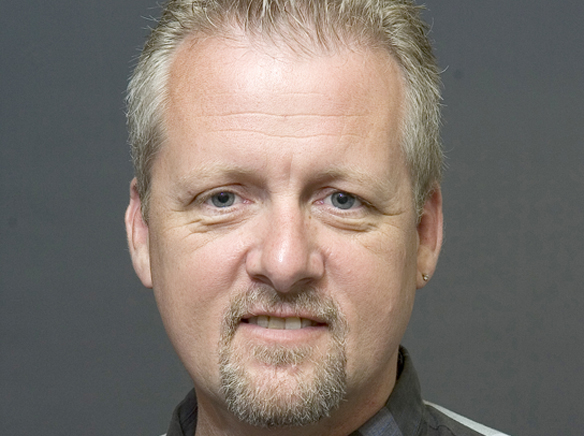The Long View
The pounding drumbeat of the upcoming election season is growing. In the absence of hard-nosed investigation, news outlets thrill to the low hanging fruit of candidacies and possible candidacies. It will be a long and tedious exercise in “he said — she said” reporting, where unchallenged talking points of each campaign are parroted ad nauseum.
The Long View
The pounding drumbeat of the upcoming election season is growing. In the absence of hard-nosed investigation, news outlets thrill to the low hanging fruit of candidacies and possible candidacies. It will be a long and tedious exercise in “he said — she said” reporting, where unchallenged talking points of each campaign are parroted ad nauseum.
In elections large and small, we, the people, get precious little discussion on real issues. Instead, we are blasted by the half-truths and innuendo of wealthy political machines. This does not bode well for our country.
Thanks to the Supreme Court's Citizens United ruling, political action committees can raise unlimited funds to smear the opposition. Because of the free-flowing, unattributed money available for propaganda, the American electorate receives more misinformation than thoughtful discourse on how candidates would best govern.
The game plan that has proven successful, then, is “spend to the sky, repeating the almost-lie against the other guy.”
The problem, I think, is that corporations, unions, trade groups, and political committees are not worthy of the same legal rights and protections as you and I.
Corporations and the rest are decidedly not people. They do not suffer from hunger, thirst, or exposure to the elements, they need not endure mortality. Why are they allowed to so strongly (and anonymously) influence elections – and, hence, public policy – under the guise of “free speech”?
The means by which we choose our leaders in government is now most dependent on money alone. Everything else takes a back seat. Innovative ideas, dedication to service, thoughtful approachs to governance – none of those things matter.
In essence, we are agreeing to a government no longer of, by, and for the people. We are, in fact, accepting a government directed by economic interest – a government of, by, and for whomever has the most money.
You may ask, what's the problem? Don't the commercial interests of our country supply the jobs and economic prosperity that enable the populace to pursue happiness? Shouldn't these business interests, then, have a prominent place at the table when deciding what our civic priorities are?
By all means, organizations engaged in trade and commerce must be protected and must be able to compete on level playing fields. This does not, however, mean the interests of big business (like oil and coal, for instance) should dictate energy policy, tax laws, or public policy (like health and safety regulations) by essentially buying elections.
A recent NASA-funded study notes our industrial society faces the same threats of collapse as experienced the Mayan, Roman Empire, and other past civilizations. The two key features contributing to the collapse of every civilization studied: over-exploitation of natural resources and disparity of wealth.
We have elected people whose “public service” has endangered the planet and increased the gap between the rich and poor. If we continue ignore the difference between people’s needs and those of business interests, we’ll get what we deserve – long, pointless political campaigns and a decaying way of life.
Pat Grimes, a former South Bay resident, writes from Ypsilanti, Mich. He can be reached at pgwriter@inbox.com.



















